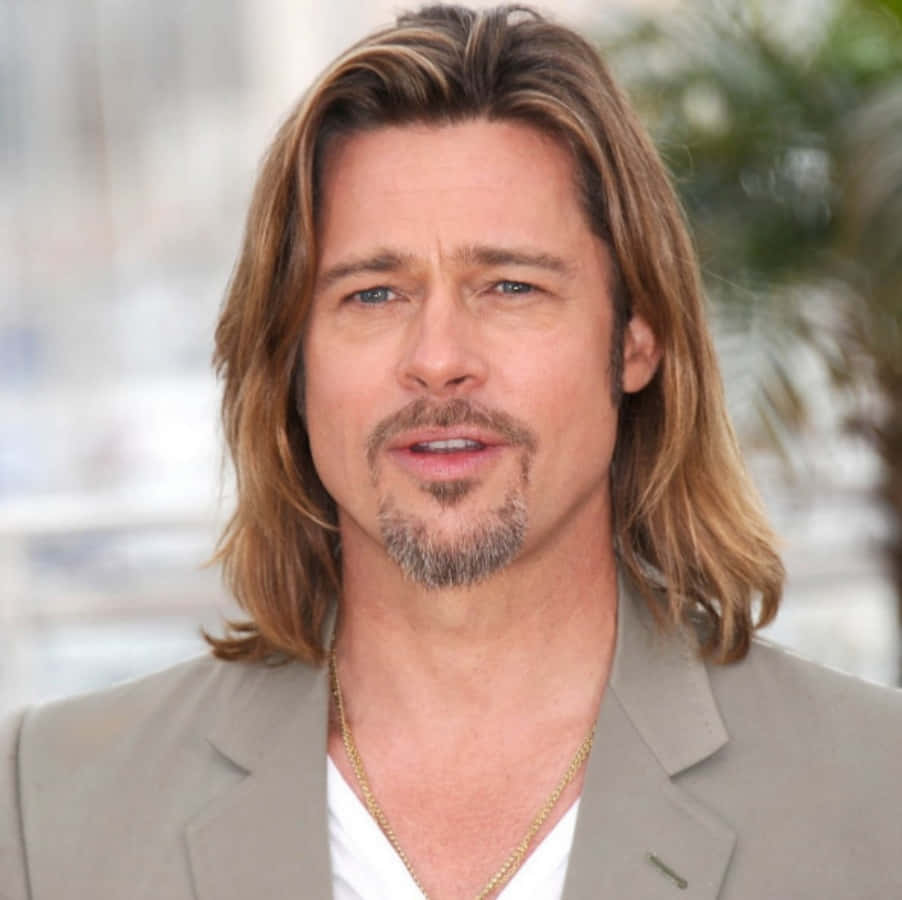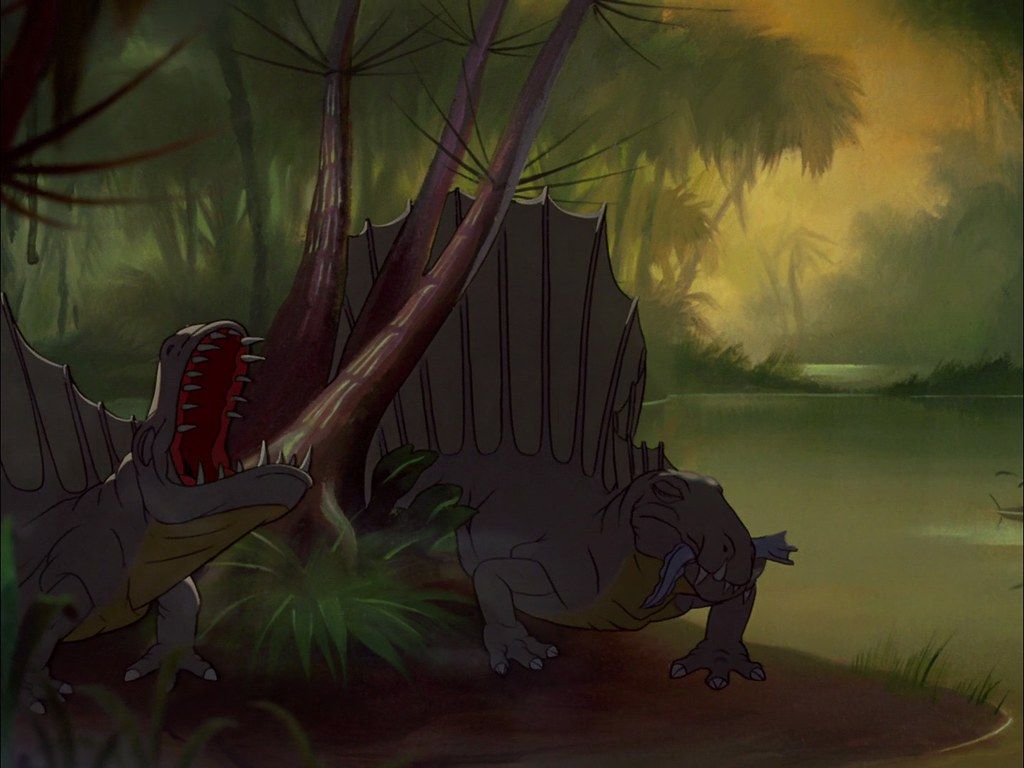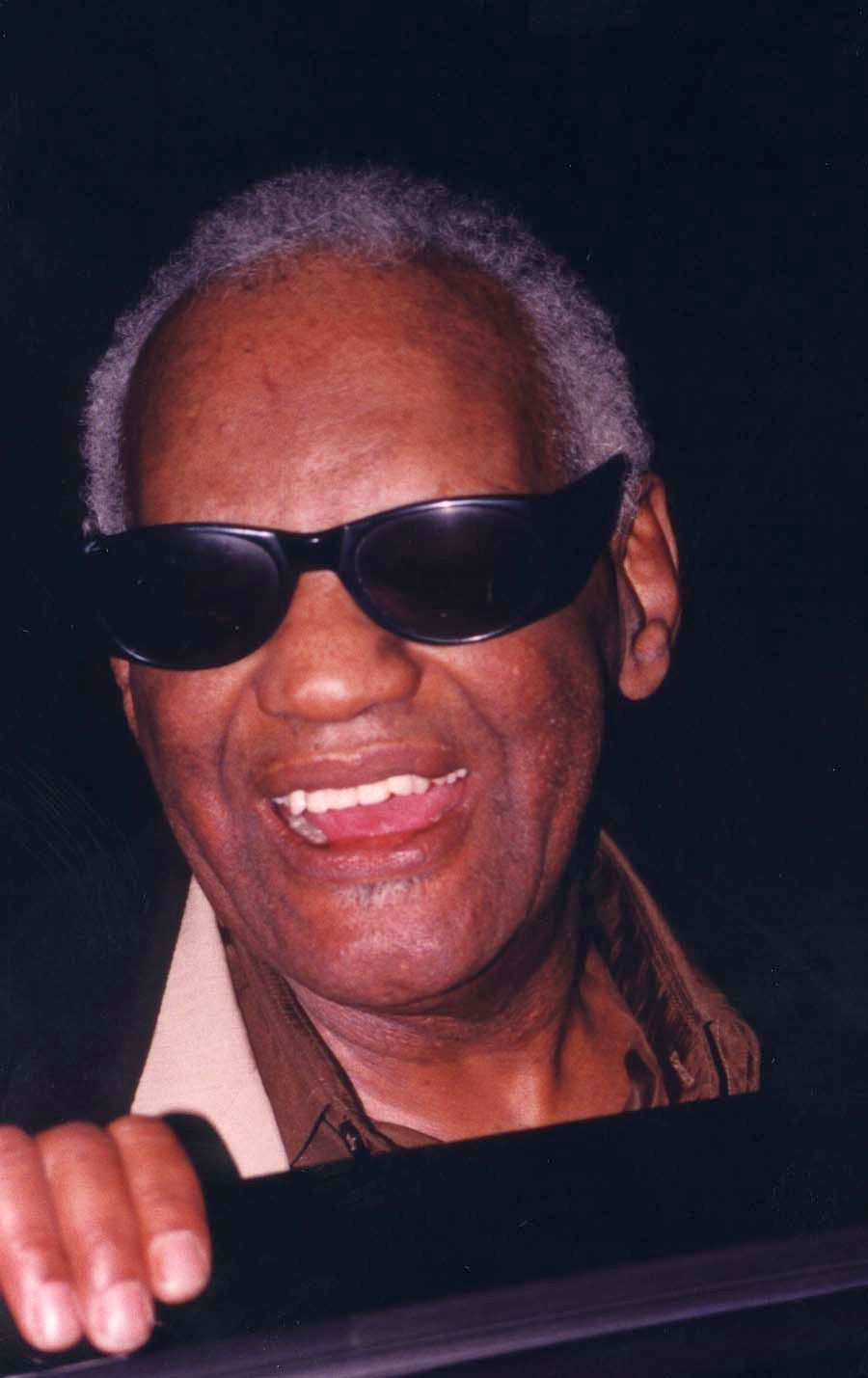
1. **Ray Charles**: Ray Charles, often revered as a musical genius and a groundbreaking artist, stands enshrined in the pantheon of American music. His journey from humble beginnings to global stardom captivated millions, inspiring generations with his resilience and unparalleled artistry. The public often viewed him through a lens of admiration, seeing him as an almost saintly icon whose struggles only added to his legend, making his powerful contributions to rhythm and blues and soul undeniable.
Yet, beneath this celebrated public persona, there existed a far more complicated private reality. According to a candid remark by Reddit user “JuanPancake,” Charles reportedly “Made children all over the place and refused to acknowledge them.” This stark assertion challenges the narrative of a disciplined or morally upright figure, pointing instead to a personal life marked by a striking disregard for fundamental familial responsibilities. It forces us to grapple with the discomforting juxtaposition of immense artistic contribution and deeply troubling personal choices, complicating the easy reverence we often bestow upon deceased celebrities.
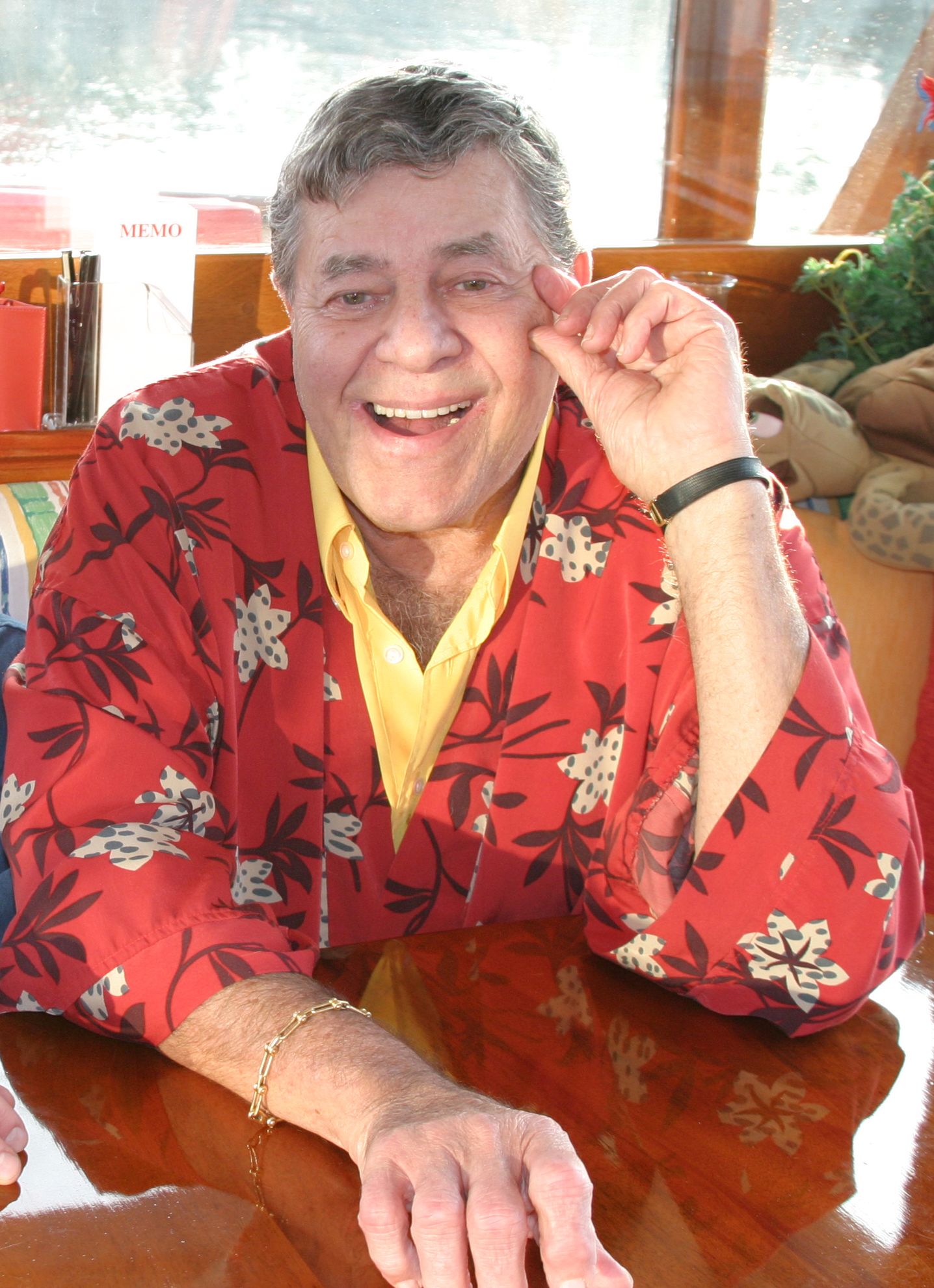
2. **Jerry Lewis**: Jerry Lewis, an undisputed titan of comedy, charmed audiences for decades with his slapstick antics, endearing goofiness, and legendary partnership with Dean Martin. Beyond his comedic brilliance, he was widely admired for his tireless dedication to philanthropy, particularly his annual Muscular Dystrophy Association (MDA) telethon, which cemented his image as a compassionate humanitarian. His public persona was one of a tireless entertainer and a generous advocate, earning him a special place in the hearts of many.
However, a darker, more troubling side of Lewis’s character emerges from accounts shared by those who knew him or observed his behavior behind the scenes. Reddit user “Acquilas” starkly claims that Lewis “treated his family like shit” and went so far as to “cut his kids out of his will,” a painful testament to deeply fractured personal relationships. The user added that Lewis “was a real pos on set,” suggesting problematic conduct in his professional life, possibly stemming from deep-seated bitterness after his split with Dean Martin, where the expected reversal of their careers reportedly left him a “bitter, bitter person.” This glimpse into his emotional struggles offers a poignant, if unsettling, explanation for the hidden cruelties that belied his public charm.
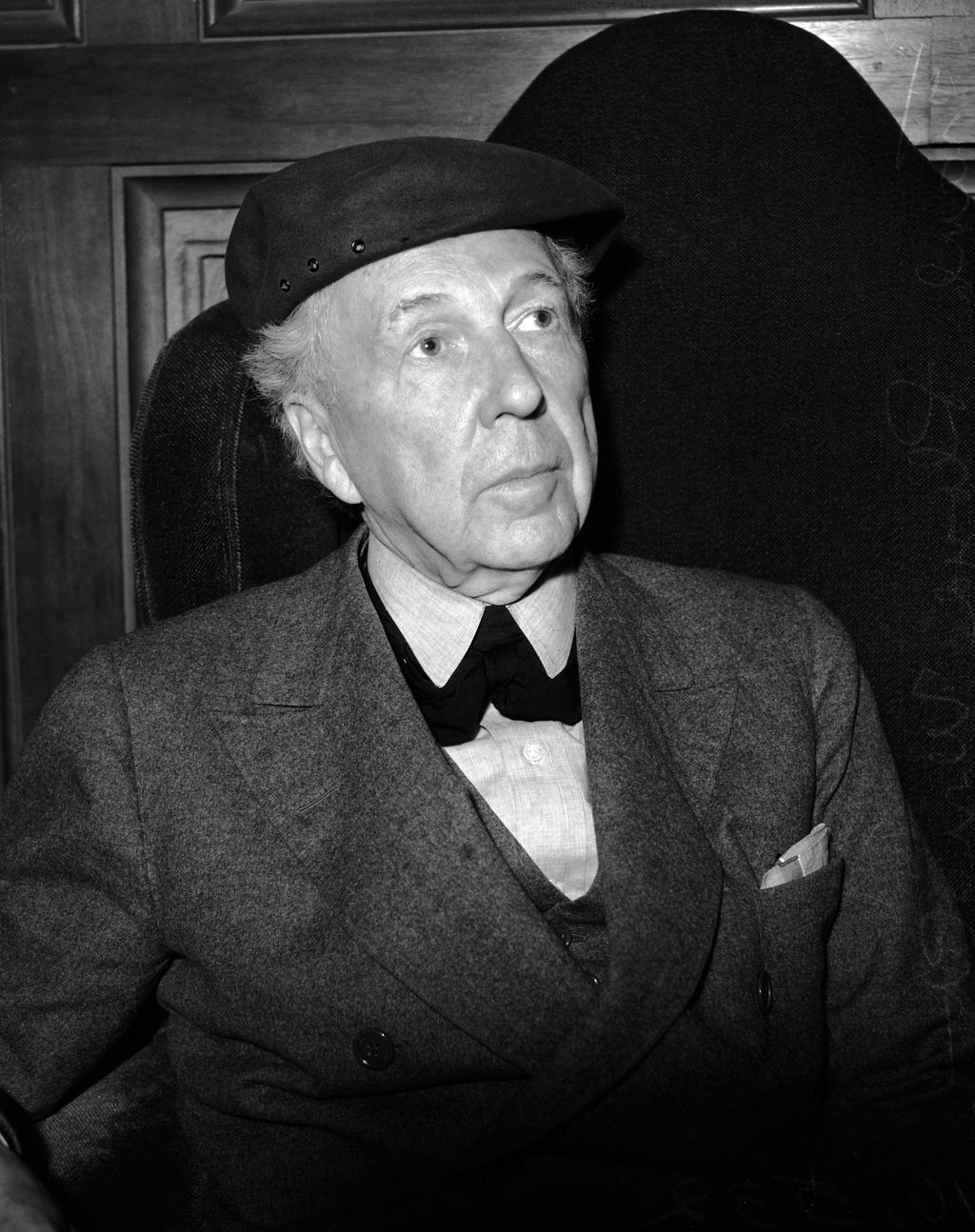
3. **Frank Lloyd Wright**: Frank Lloyd Wright remains an architectural deity, celebrated globally for his revolutionary designs, organic philosophy, and profound influence on modern American architecture. His visionary structures redefined living spaces, cementing his legacy as a singular genius. To many, he was an icon of innovation, a creative force whose imperfections, if acknowledged at all, were often seen as mere eccentricities of a brilliant mind, overshadowed by his monumental contributions.
Yet, the personal life of this architectural master was reportedly far from the harmonious principles he espoused in his designs. Reddit user “bengibbardstoothpain” delivers a blunt assessment: “He is seen as a visionary in architecture but he was a horrible person IRL. Raging narcissist.” The details are particularly jarring: Wright allegedly “abandoned his wife and kids to run off with the wife of one of his clients,” a scandalous act revealing profound disregard for family and societal norms. Furthermore, he reportedly “nailed down his selected furniture in a client’s home because he didn’t like what the client wanted,” underscoring a controlling and self-serving personality that deeply contrasts with his public image.
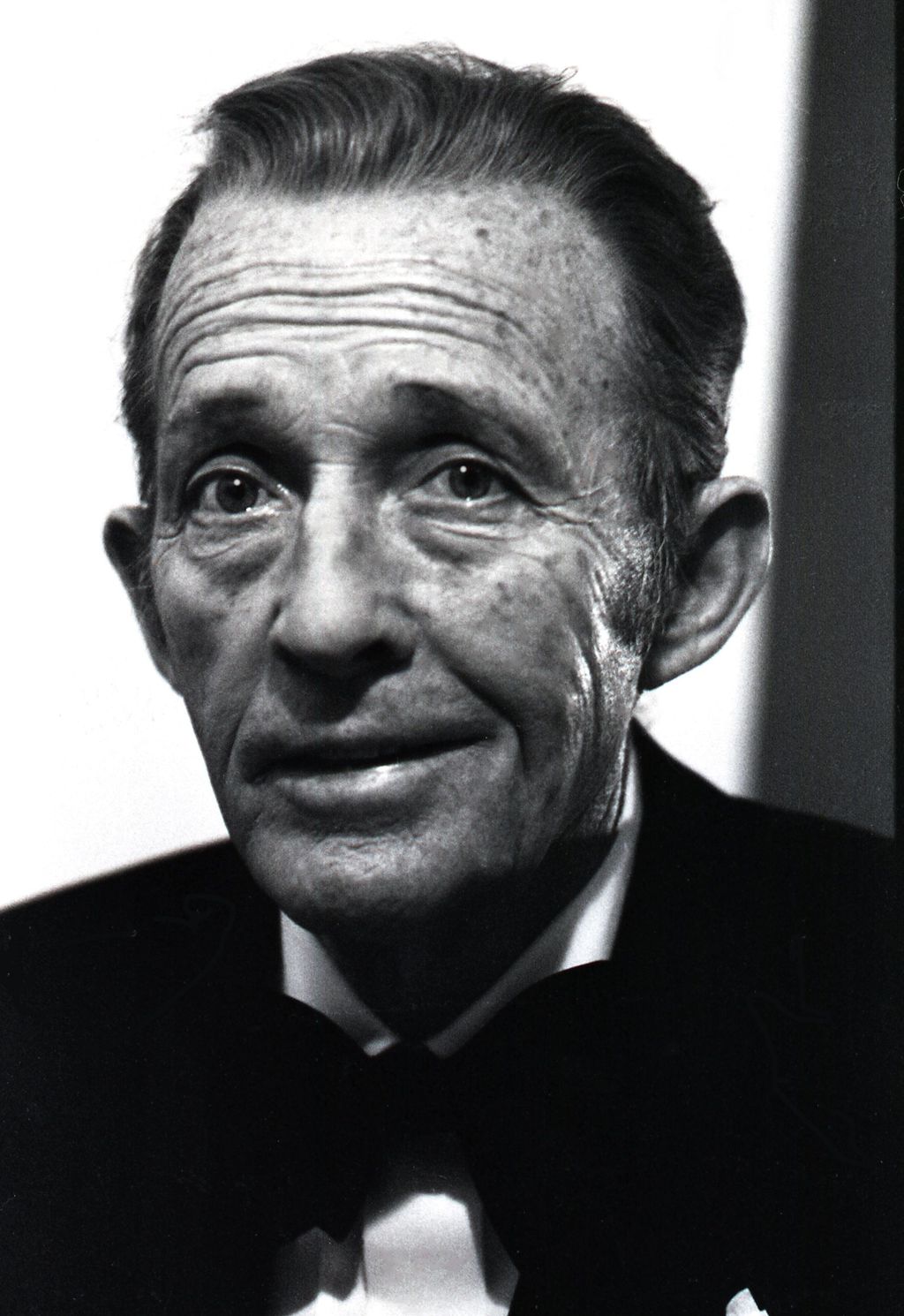
4. **Bing Crosby**: Bing Crosby, with his soothing baritone and quintessential American charm, became one of the most beloved figures of the 20th century. A phenomenal success in music, film, and radio, he embodied an image of wholesome, family-friendly entertainment. For generations, he was seen as a comforting presence, a symbol of stability and traditional values, lending him an almost saint-like aura in the collective memory, especially around the holidays.
However, this polished public image concealed a deeply unsettling private life, particularly concerning his family. Reddit user “Krg26944” sarcastically dubs him “Father of the Century,” immediately signaling a dark truth beneath the surface. The user then outlines a litany of severe allegations: Crosby was “Physically and mentally abusive to all his kids, alcoholic, adulterer, [and a] slimy businessman.” These claims fundamentally challenge the notion of Crosby as a virtuous patriarch, revealing a man whose personal conduct was allegedly riddled with severe imperfections, forcing a difficult re-evaluation of a celebrated icon.
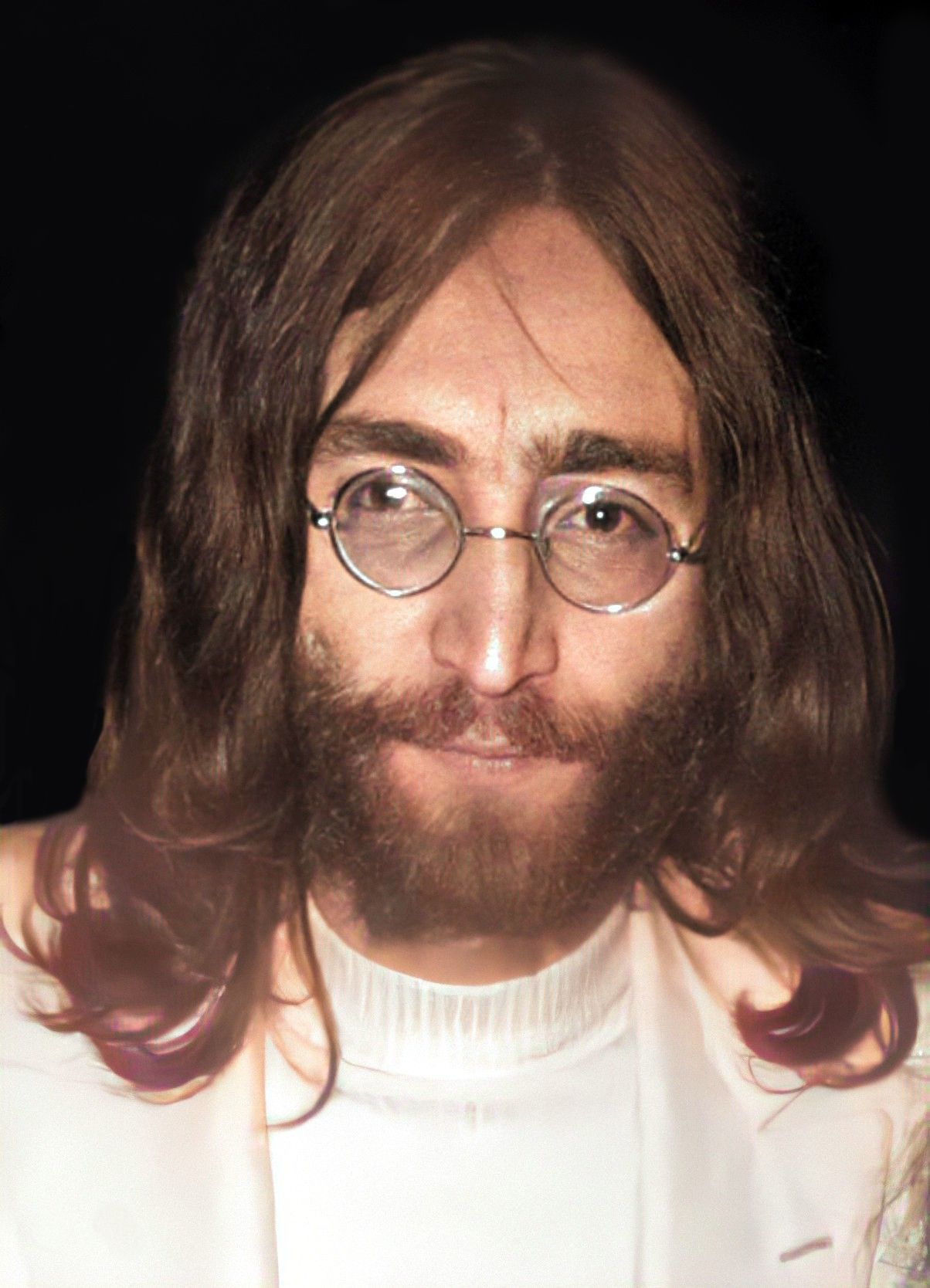
5. **John Lennon**: John Lennon, the iconic co-founder of The Beatles, remains a towering figure in music history, celebrated not just for his revolutionary songwriting but also for his outspoken advocacy for peace, love, and social change. His public image evolved from witty band member to poignant activist, making him a symbol of counter-culture ideals and a voice for a generation. Many idolize him as a flawed but ultimately benevolent visionary, a global ambassador for harmony.
Yet, behind the anthems of peace and unity, John Lennon’s personal life was reportedly far from idyllic, marked by behaviors that complicate his revered status. Reddit user “deezelweasel” confronts this directly, stating unequivocally, “John Lennon was not a nice man.” The most heartbreaking testimony to his alleged personal failings comes from his own family: his son “grew to despise him enough to tell Paul McCartney that he wished Paul was his father.” This deeply personal and incredibly painful revelation offers a profound glimpse into the alleged emotional neglect or cruelty experienced by his own child, forcing a difficult reckoning with the disconnect between the man who preached universal love and a father whose actions caused such profound alienation.
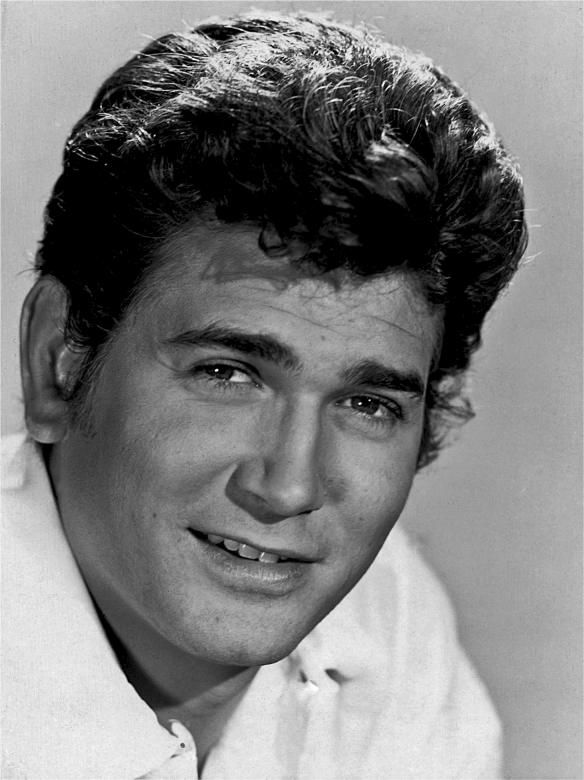
6. **Michael Landon**: Michael Landon carved out a unique and enduring place in American television, becoming synonymous with wholesome, family-oriented programming. Through his iconic roles in “Little House on the Prairie,” “Bonanza,” and “Highway to Heaven,” he projected an image of integrity, kindness, and unwavering moral strength. For many viewers, he was not just an actor but a beloved symbol of traditional family values, embodying a sense of warmth and reliability that felt almost saintly.
However, the reality of Landon’s private life reportedly deviated sharply from his carefully crafted on-screen persona. Reddit user “immamoose-_-” points out this dissonance, noting that despite his “amazing” work on “Little House on the Prairie,” Landon “apparently he was actually a raging alcoholic.” The most poignant evidence of his struggles comes from a source impossible to ignore: “even his own kids made a documentary about The Father I Knew.” This brave and candid account from his own children suggests that his alcoholism and its impact were profound enough to warrant a public reckoning from those closest to him, peeling back the layers of the beloved TV dad and revealing a complex and troubled individual.
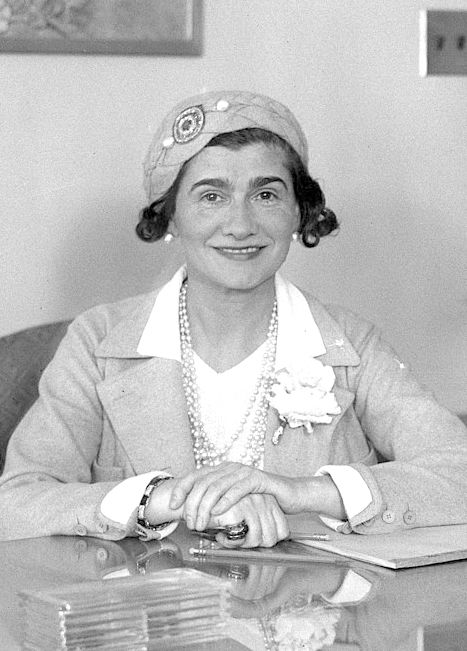
7. **Coco Chanel**: Coco Chanel, a name that resonates with unparalleled elegance and revolutionary fashion, stands as a towering figure in 20th-century design. She liberated women from corsets, popularized chic simplicity, and built a global empire that redefined luxury. Her legend is that of an independent, visionary woman who single-handedly changed how women dressed and perceived themselves, a true icon of empowerment and style, revered for her contributions to fashion and women’s liberation.
Yet, beneath the glittering facade of high fashion lies a deeply troubling and often-glossed-over aspect of her history: her alleged active collaboration with the Nazi regime during World War II. Reddit user “Low-Stick6746” lays bare the accusations, unequivocally stating, “Coco Chanel was an actual agent for the Nazis.” The extent of her alleged complicity is shocking: she “tried using anti-Jewish Nazi laws to get her two Jewish business partners removed to leave her the sole owner of her brand.” Even after they outsmarted her, Chanel’s involvement allegedly continued, leveraging her social standing to “spy on all the other high society people and report back to her lover who was a Nazi officer if anyone was a possible threat to the Nazi party to be dealt with.” This chilling detail reveals a woman who was not merely sympathetic but actively “literally in bed with them,” fundamentally tainting her legacy.
The Unvarnished Truth: Unpacking the Complex Legacies of Seven More Celebrated Figures and Their Private Imperfections
Having peeled back the layers on some deeply ingrained perceptions, we continue our journey into the complex lives of celebrated figures whose private realities sharply diverged from their public images. It’s a fascinating, sometimes uncomfortable, exercise in humanizing those we’ve placed on pedestals, reminding us that even the brightest stars are, at their core, intricate tapestries of both brilliance and deeply human flaws. As information becomes more accessible in our interconnected world, the whispers of history often grow into undeniable truths, compelling us to reconcile the public persona with the private person.

8. **Johnny Carson**: For three decades, Johnny Carson was the undisputed king of late-night television, a nightly presence in millions of American homes. His wit, charm, and seemingly effortless command of conversation made him an icon of sophistication and entertainment. He was the epitome of cool, the ultimate showman who could elicit laughter and insight with a mere glance or a perfectly timed quip, making it easy for audiences to believe he was as affable off-screen as he was on.
Yet, behind the cameras, a different picture of Carson emerges. Reports suggest that he was “an all-around prick when he wasn’t on camera” and known to have “cheated on his wives.” One particularly jarring account details his treatment of Joan Rivers, who was the permanent guest host of *The Tonight Show* at the time. When she sought to further her career with another opportunity, Carson reportedly told her she “’d never become the star of The Tonight Show,” and then “refusing to ever speak to her again after she got a job elsewhere.” This deeply personal betrayal reveals a side of Carson that starkly contrasts with his genial public image, leaving us to wonder about the true cost of ambition and ego.
Such an anecdote offers a poignant glimpse into the personal cost of navigating the cutthroat world of Hollywood, even at its highest echelons. It reminds us that even the most beloved figures grapple with insecurities and exert power in ways that can leave lasting scars on those around them. This complex portrait of Carson forces us to acknowledge that the man who brought so much joy into our living rooms also harbored a capacity for cruelty, complicating his otherwise revered legacy.
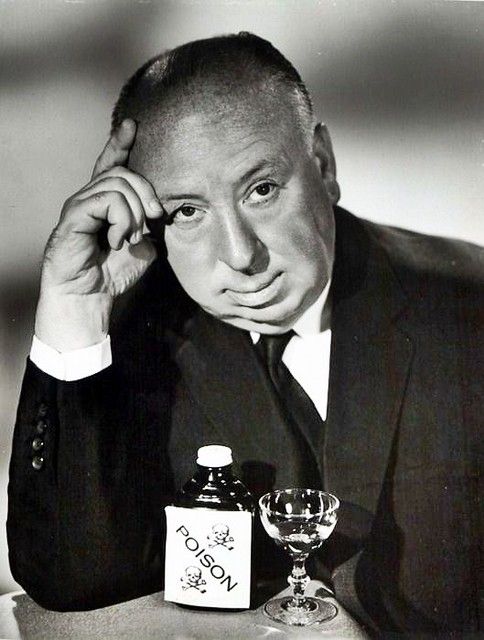
9. **Alfred Hitchcock**: Alfred Hitchcock remains one of cinema’s most revered titans, the undisputed “Master of Suspense” whose films like *Psycho* and *Vertigo* continue to terrify and captivate audiences. His meticulous direction, innovative storytelling, and iconic cameos cemented his status as a visionary director, a genius who understood the human psyche and how to manipulate it for dramatic effect. He was a maestro, an artist whose dark imagination translated into cinematic brilliance, seemingly beyond reproach.
However, accounts from those who worked with him paint a portrait of a man who was “really really terrible.” Beyond his cinematic genius, Hitchcock reportedly engaged in disturbing “jokes” that bordered on psychological torment. One particularly chilling anecdote recounts how he “dared one of his crew members to stay the night chained to a camera on the movie set and gave him a bottle of whiskey to help him take the edge off.” The crewman took the bet, but Hitchcock, with malicious intent, “laced the bottle with laxative and the crew came in the morning to find him sobbing in his own shit on the floor.”
This deeply unsettling behavior reveals a cruel streak that undermines the image of a mere eccentric genius. It highlights a profound disconnect between the calculated terror he depicted on screen and the very real, humiliating terror he inflicted upon those in his orbit. Such revelations force us to confront the uncomfortable reality that extraordinary talent does not always equate to basic human decency, leaving a shadow over his monumental contributions to film.
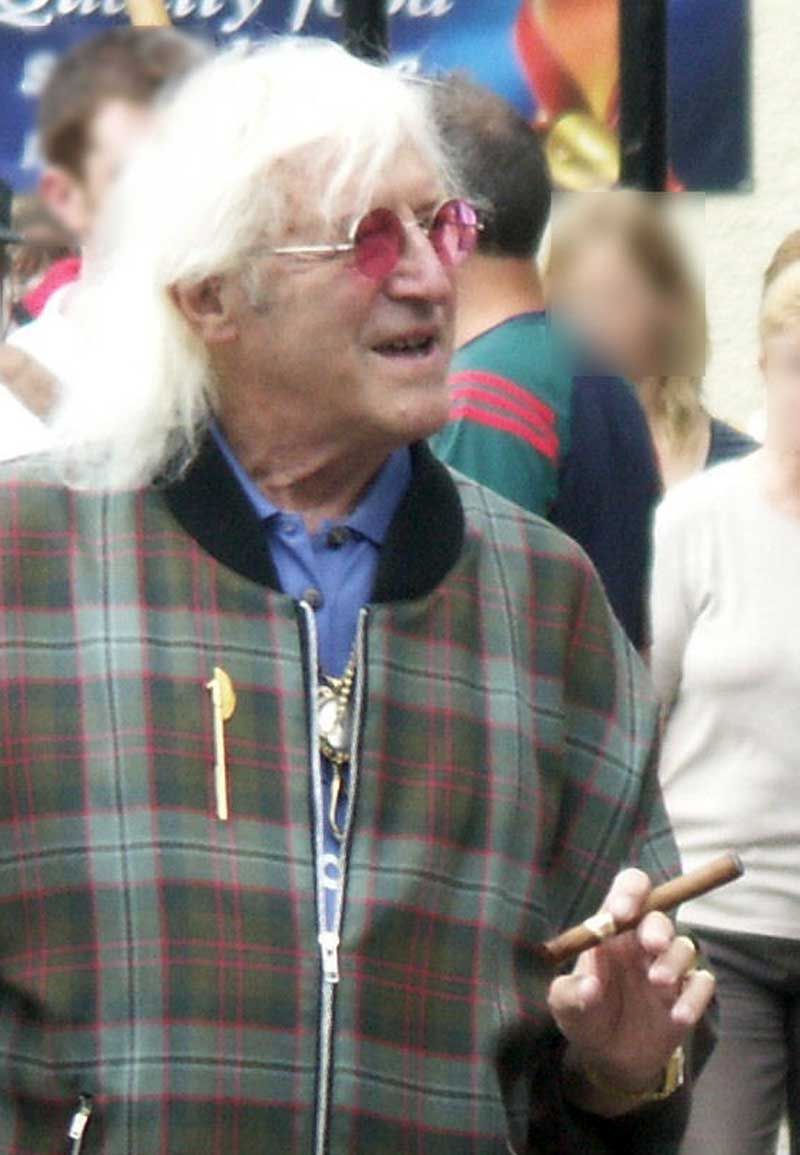
10. **Jimmy Saville**: For decades, Jimmy Savile was a household name in the UK, a seemingly eccentric and philanthropic television and radio personality. His public persona was built on charm, a distinctive catchphrase, and tireless charity work, earning him widespread admiration and even a knighthood. He was seen as a benevolent figure, a national treasure who dedicated his life to entertaining and helping others, especially children, making his eventual downfall all the more shocking and heartbreaking.
Yet, as a Reddit user succinctly put it, it wasn’t “Until after he died and everything came out about the bad stuff he did” that the full, horrifying truth was revealed. Following his death, a torrent of allegations emerged, exposing him as a prolific sexual predator who had abused hundreds of victims, many of them children and vulnerable adults, often within the very institutions he purported to help. This stark contrast between his public image and his private actions sent shockwaves across the nation.
The posthumous unraveling of Savile’s true character forced society to grapple with the devastating consequences of unchecked power and the danger of celebrity worship. It was a brutal awakening to the fact that even those who appear most saintly can harbor the darkest secrets, leaving a legacy irrevocably tainted by profound evil. His story serves as a cautionary tale, demonstrating how deeply ingrained trust can be exploited and how long it can take for uncomfortable truths to come to light.
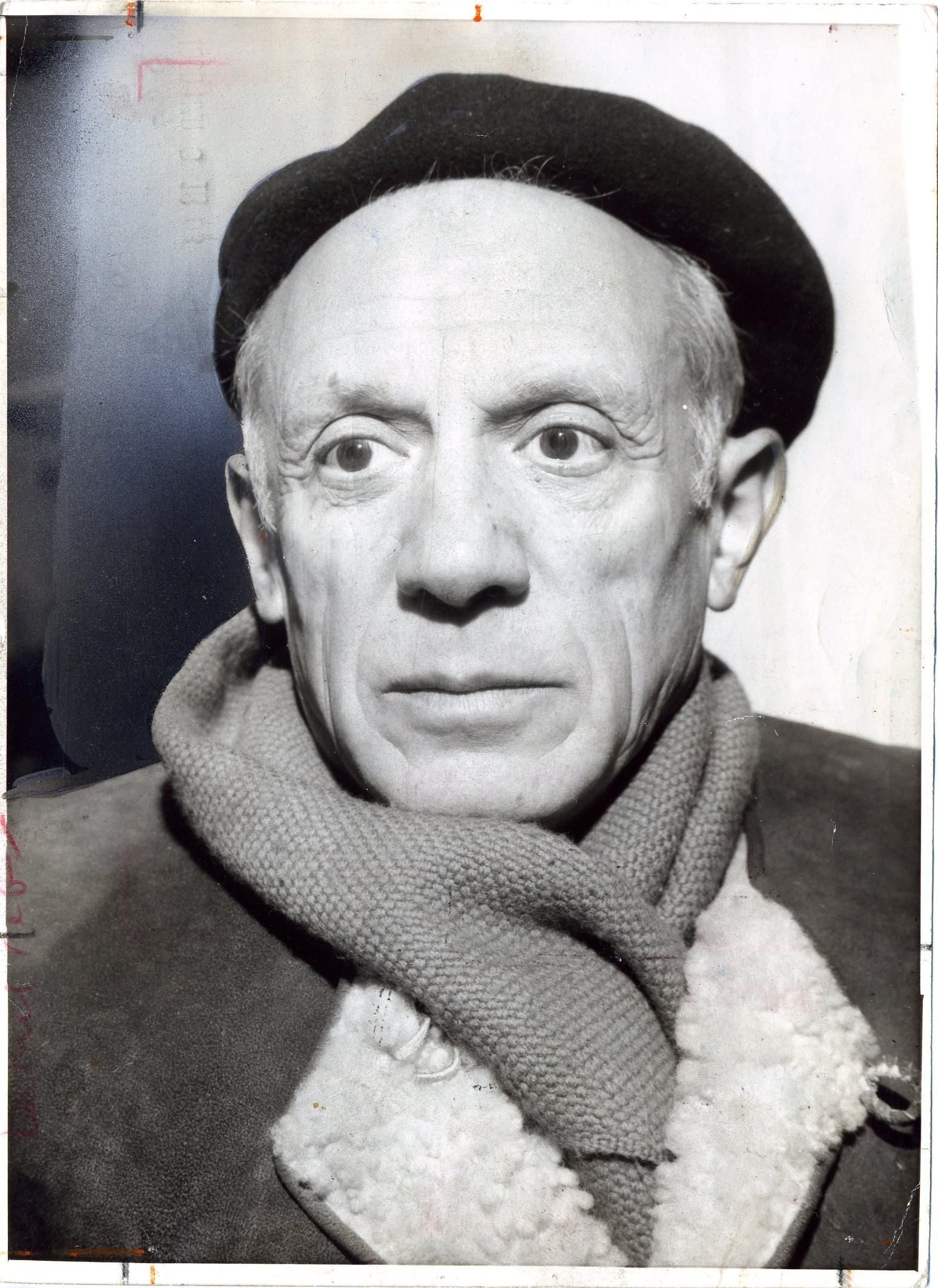
11. **Pablo Picasso**: Pablo Picasso stands as one of the most revolutionary and influential artists of the 20th century. His name is synonymous with modern art, a genius whose prolific output and groundbreaking styles reshaped the visual landscape. To many, he was an uncompromising visionary, a titan of creativity whose personal life, if considered at all, was often romanticized as the chaotic backdrop to his extraordinary artistic output, fitting for a bohemian genius.
However, a closer look at his relationships, particularly with women, reveals a deeply troubling pattern. He has been “commonly characterised as a womaniser and a misogynist.” According to his mistress Françoise Gilot, he reportedly stated, “Women are machines for suffering,” and later, “For me there are only two kinds of women: goddesses and doormats.” These statements alone paint a grim picture of his views on the opposite sex, reducing them to utilitarian or subordinate roles.
The most damning indictment comes from his granddaughter, Marina Picasso, who wrote in her memoir, *Picasso, My Grandfather*, that he “submitted them to his animal sexuality, tamed them, bewitched them, ingested them, and crushed them onto his canvas. After he had spent many nights extracting their essence, once they were bled dry, he would dispose of them.” This harrowing account suggests a ruthless exploitation of women, treating them not as partners but as raw material for his art, discarded once their utility was exhausted. Such revelations cast a long shadow over his artistic legacy, forcing a difficult reconsideration of the man behind the masterpieces.
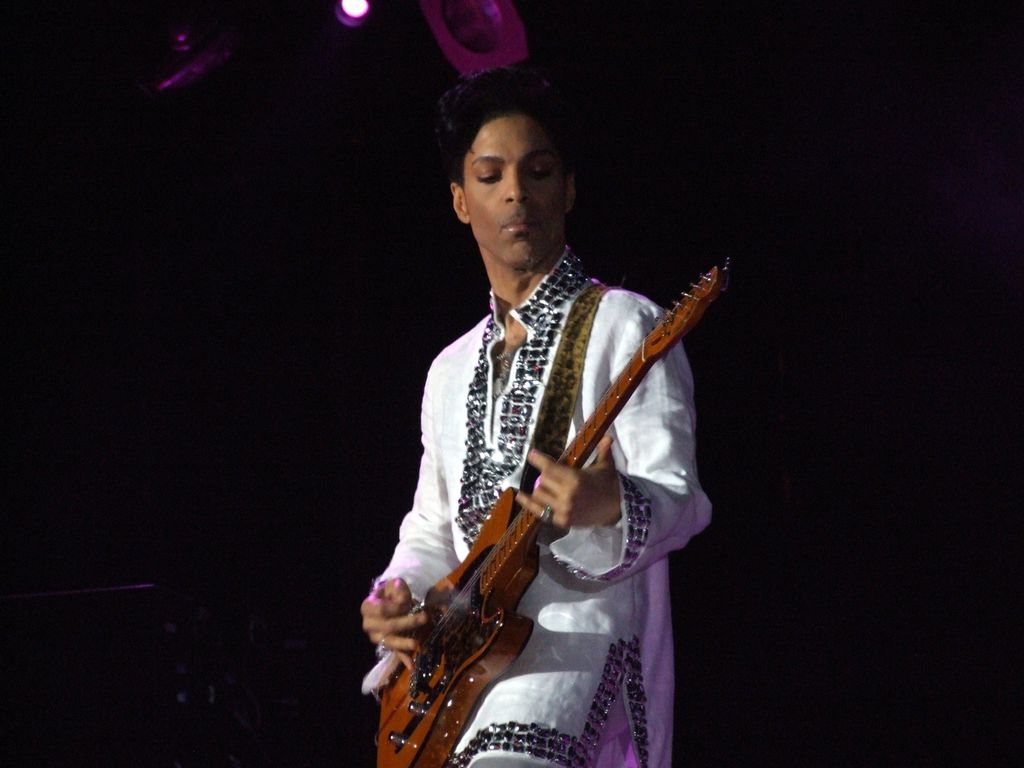
12. **Prince**: Prince, the legendary musician, was a dazzling, enigmatic force of nature, a prolific songwriter, multi-instrumentalist, and electrifying performer who redefined popular music for decades. His artistic genius, boundless creativity, and fiercely independent spirit earned him a hallowed place in music history, leading many to regard him as an almost otherworldly talent. He was an icon who seemed to exist on a higher plane of artistry, beyond the mundane imperfections of ordinary people.
Yet, beneath the dazzling purple haze, Prince was reportedly “absolutely awful to work with.” Stories from those in his inner circle and professional orbit paint a picture of an artist whose exacting standards often veered into tyrannical behavior. There was even a common saying in the industry: “you’re nobody in this industry until you’ve been fired by prince.” This suggests a pattern of demanding, often unreasonable, behavior and a high turnover rate among his staff, highlighting his immense ego and critical nature, especially towards perceived weaknesses in others.
Furthermore, the circumstances of his passing—dying “from an OD”—add another layer of complexity to his carefully curated public image. For someone “who was so quick to fire anyone over a simple mistake and he so critical of weakness,” this tragic end reveals a profound personal struggle and “hidden weaknesses of his own.” These revelations do not diminish his monumental musical contributions but instead remind us that even the most gifted and revered individuals are deeply human, wrestling with their own demons, often behind a carefully constructed veil of perfection.

